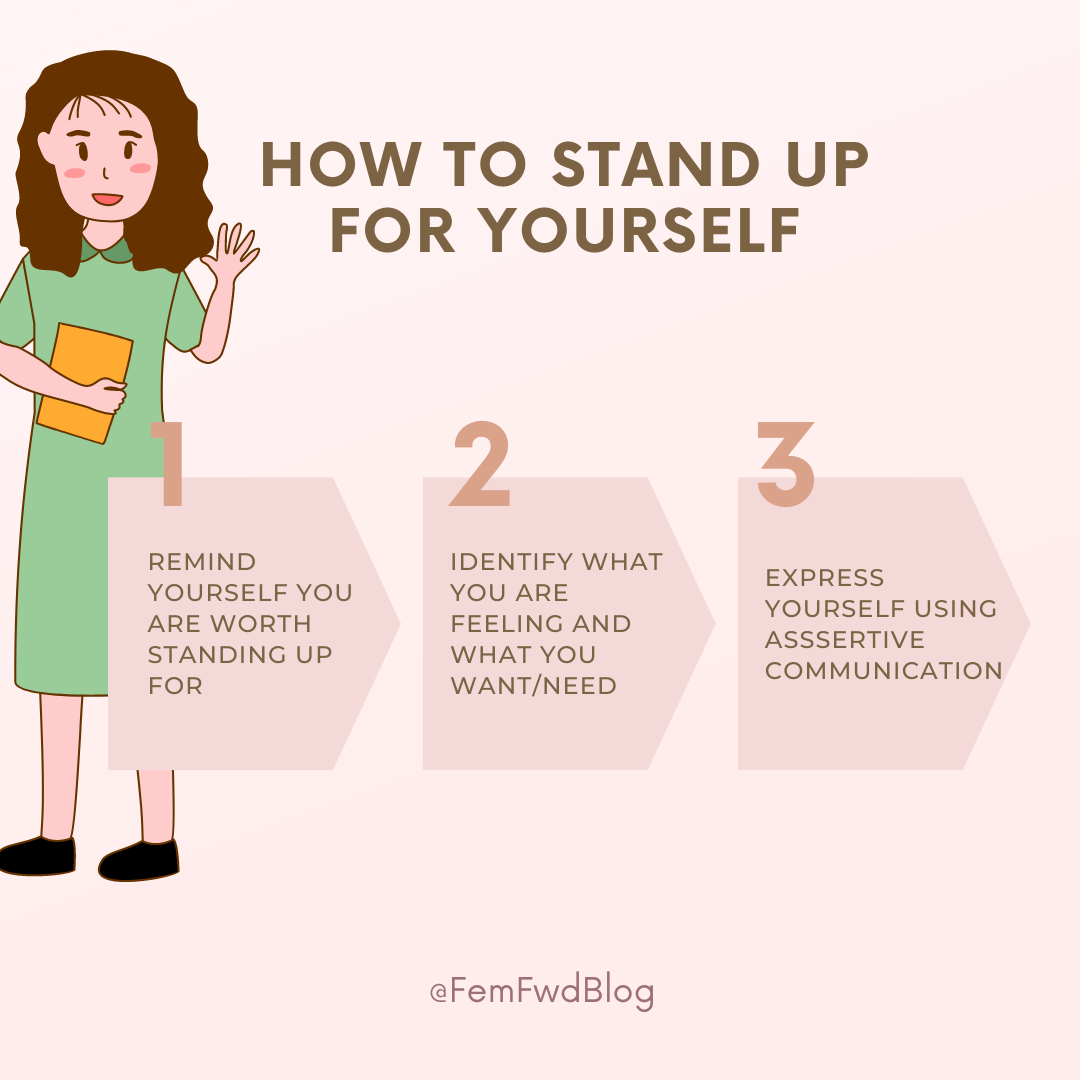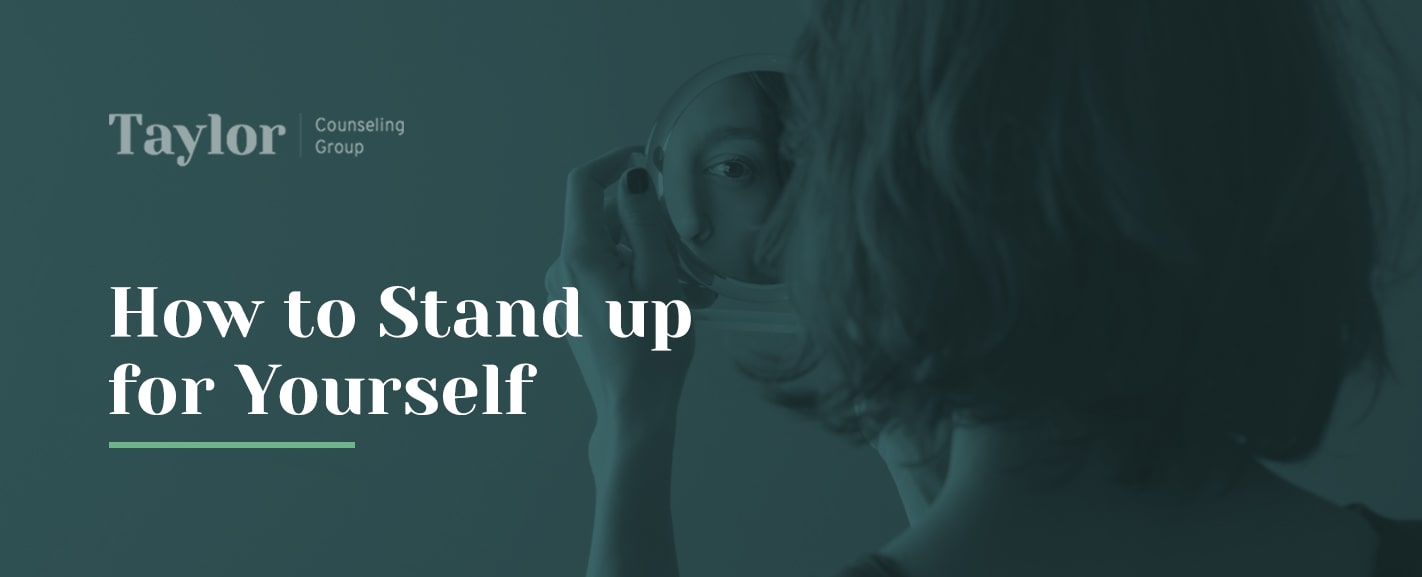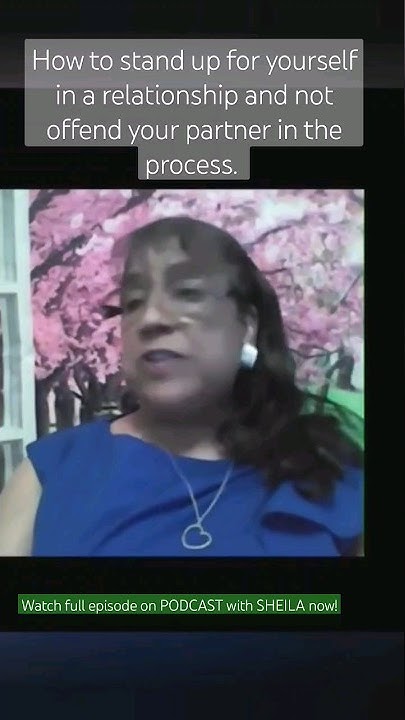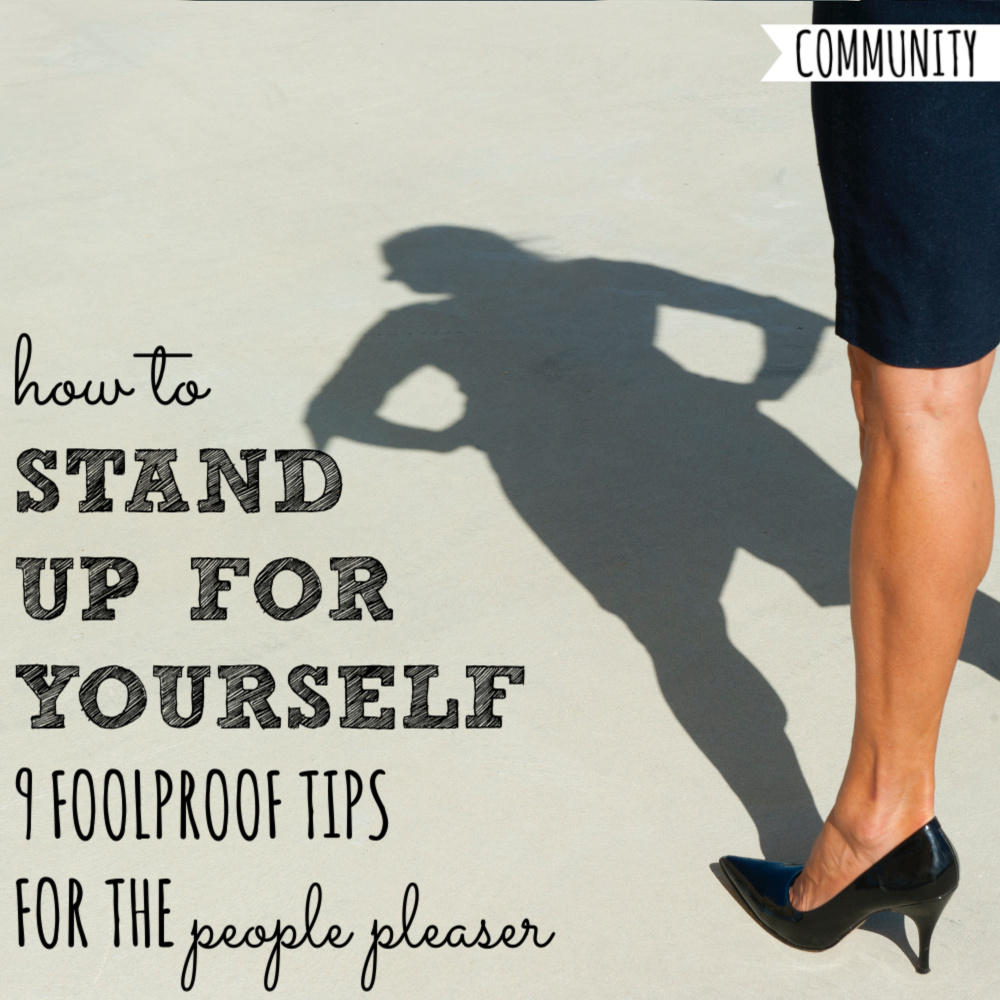How To Stand Up For Yourself In Relationship

Navigating the complexities of relationships requires open communication, mutual respect, and a willingness to address conflict. However, maintaining a healthy connection also necessitates the ability to advocate for your own needs and boundaries.
Standing up for yourself in a relationship isn't about aggression or dominance; it's about fostering a dynamic where both individuals feel valued and heard. This article explores practical strategies for asserting yourself respectfully and constructively within your relationships, promoting stronger and more equitable partnerships.
Understanding Self-Worth and Boundaries
The foundation of self-advocacy lies in recognizing your inherent worth. Understanding that your feelings, opinions, and needs are valid is crucial, says Dr. Sarah Thompson, a relationship psychologist. This recognition empowers you to confidently express them.
Establishing clear boundaries is also vital. Boundaries define where you end and your partner begins, outlining what behaviors you will and will not tolerate.
Identifying Your Needs
Before you can articulate your needs, you must first identify them. Take time for self-reflection: What makes you feel valued, respected, and safe in your relationship?
Are there patterns of behavior that consistently leave you feeling hurt, frustrated, or resentful? Journaling, meditation, or conversations with a trusted friend or therapist can help you clarify these needs.
Communicating Assertively
Assertive communication is key to expressing your needs without being aggressive or passive. According to the American Psychological Association, assertiveness involves expressing your thoughts and feelings directly, honestly, and respectfully.
Use "I" statements to express your feelings and avoid blaming your partner. For example, instead of saying "You always interrupt me," try "I feel unheard when I'm interrupted."
Practice active listening when your partner is speaking. Show genuine interest, ask clarifying questions, and summarize their points to ensure you understand their perspective.
Addressing Conflict Constructively
Conflict is inevitable in any relationship. The key is to manage it constructively, using it as an opportunity to strengthen understanding and connection.
Choose your battles wisely. Not every disagreement needs to be a confrontation. Learn to discern which issues are truly important to you and prioritize addressing those.
Schedule a dedicated time to discuss sensitive topics. Avoid bringing up serious issues when you're tired, stressed, or distracted.
Choose a neutral location and ensure you both have ample time to talk without interruptions.
Seeking Professional Help
If you're struggling to communicate effectively or manage conflict on your own, consider seeking professional help. A therapist or counselor can provide valuable tools and guidance.
Couples therapy can help you and your partner improve communication skills, resolve conflicts, and develop a deeper understanding of each other's needs. Research from the Gottman Institute highlights the effectiveness of couples therapy in improving relationship satisfaction.
Individual therapy can also be beneficial, helping you gain insight into your own patterns of behavior and develop healthier coping mechanisms. It provides a safe space to explore your feelings and learn strategies for self-advocacy.
The Benefits of Standing Up For Yourself
Standing up for yourself in a relationship isn't selfish; it's essential for maintaining a healthy and fulfilling partnership. When you assert your needs and boundaries, you foster a sense of mutual respect and equality.
It can increase self-esteem and confidence. When you know you can advocate for yourself, you feel more empowered and secure in your relationship.
By standing up for yourself, you demonstrate that you value yourself and your needs. This, in turn, encourages your partner to value you as well, ultimately leading to a stronger and more authentic connection.















![How To Stand Up For Yourself In Relationship How to Stand Up for Yourself : [Complete Guide] - YouTube](https://i.ytimg.com/vi/EZzNaRquVnc/maxresdefault.jpg)


